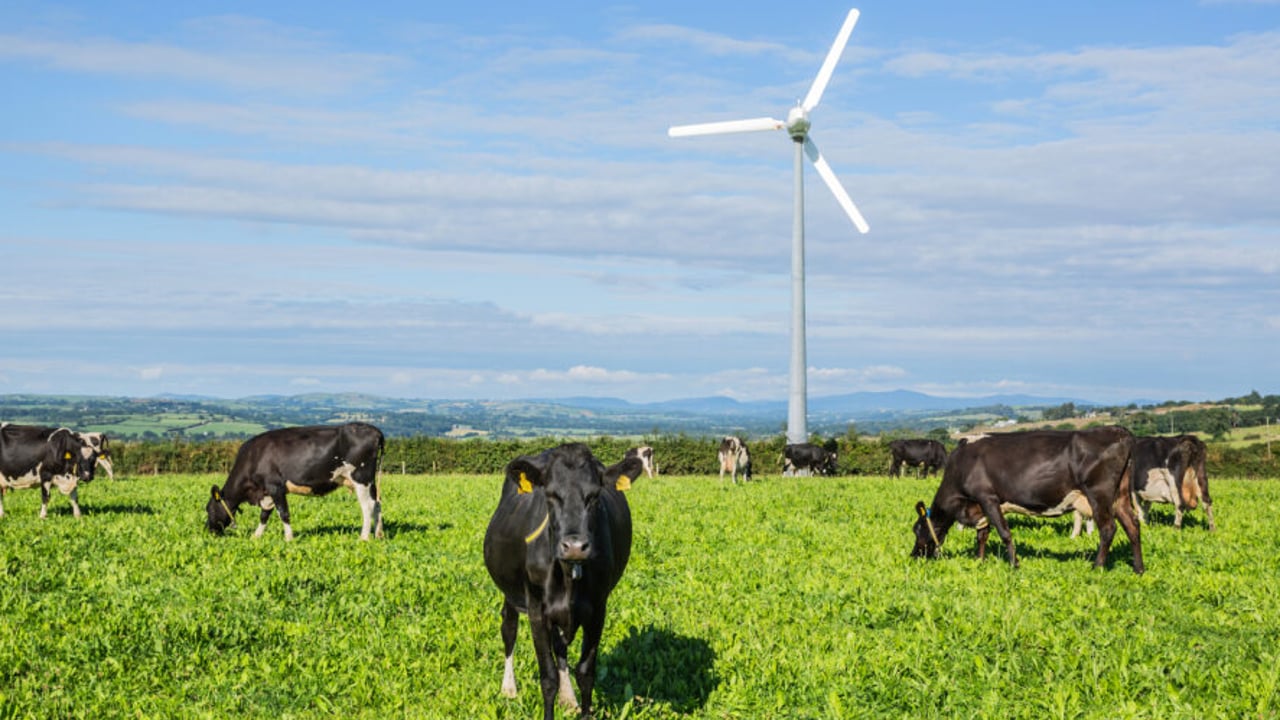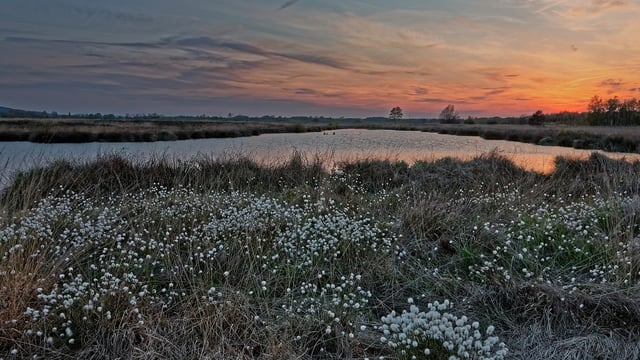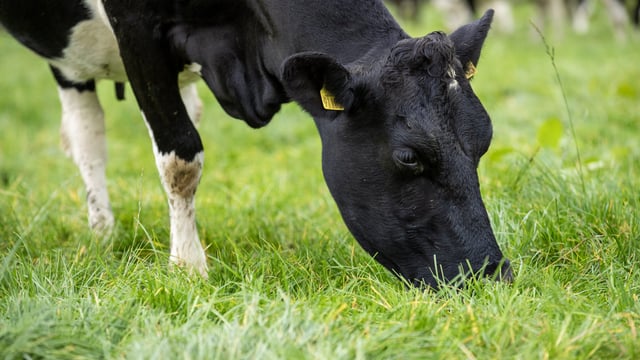Carbery teams up with European agency to trial new methane-reducing tech
Carbery has teamed up with the European climate innovation agency, Climate KIC, to trial "next-generation methane-reducing technologies" on 10 additional dairy farms in west Co. Cork.
The research project has secured financial backing of €700,000 and will see the 10 farms trial new technologies, such as a treatment for improving manure management and satellite technology to map biodiversity and expand the research which is already underway as part of the Farm Zero C initiative.
The Carbery group, together with BiOrbic, are among the key partners in the Farm Zero C project which aims to "create a climate-neutral, economically-viable dairy farm".
The working farm acts a "living lab" for not just researchers but also farmer and policy makers. It has already trialed a number of innovations including carbon sequestration, renewable energy, low-emission slurry spreading, feed additives, regenerative agriculture, and improved herd and nutrient management.
According to Enda Buckley, director of sustainability for Carbery, Farm Zero C, demonstrates that cutting emissions and maintaining profitability "can go hand-in-hand".
Buckley also believes that Carbery 's FutureProof sustainability bonus - where farmers are paid a premium to "implement certain sustainability initiatives" "on their farms - also provides firsthand proof of what works.
He said the new trial will give the group the opportunity "to bring these practical solutions to more farmers, faster.”
According to Carbery, the project with Climate KIC will prioritise ‘ready now’ innovations, to reduce methane emissions rapidly "while retaining profitability".
These technologies will be selected by Carbery and participating farmers and will include the Galway-based, Glasport's Bio's Slurry Abate system which "reduces methane, hydrogen sulphide, ammonia and other gaseous emissions".
The first year of the new Carbery, Climate KIC project will focus on trialling technologies, "building collaboration with the first 10 farmers", collecting baseline data, and developing viable financial and narrative models.
In year two, the project will be scaled, and a second farmer cohort added.
According to John O’Donoghue, who is participating in the new trial, farmers have already seen "what works on one farm, as part of Farm Zero C".
"This project is about taking what has been tested on one farm, and bringing it to more of them.
"We will see then what works practically and what will actually make a difference to the average farmer," he added.
Separately, Carbery’s Farm Zero C and Climate KIC’s Deep Demonstration programmes are also looking at funding models and financial supports to make methane-reduction technologies more affordable for farmers.





